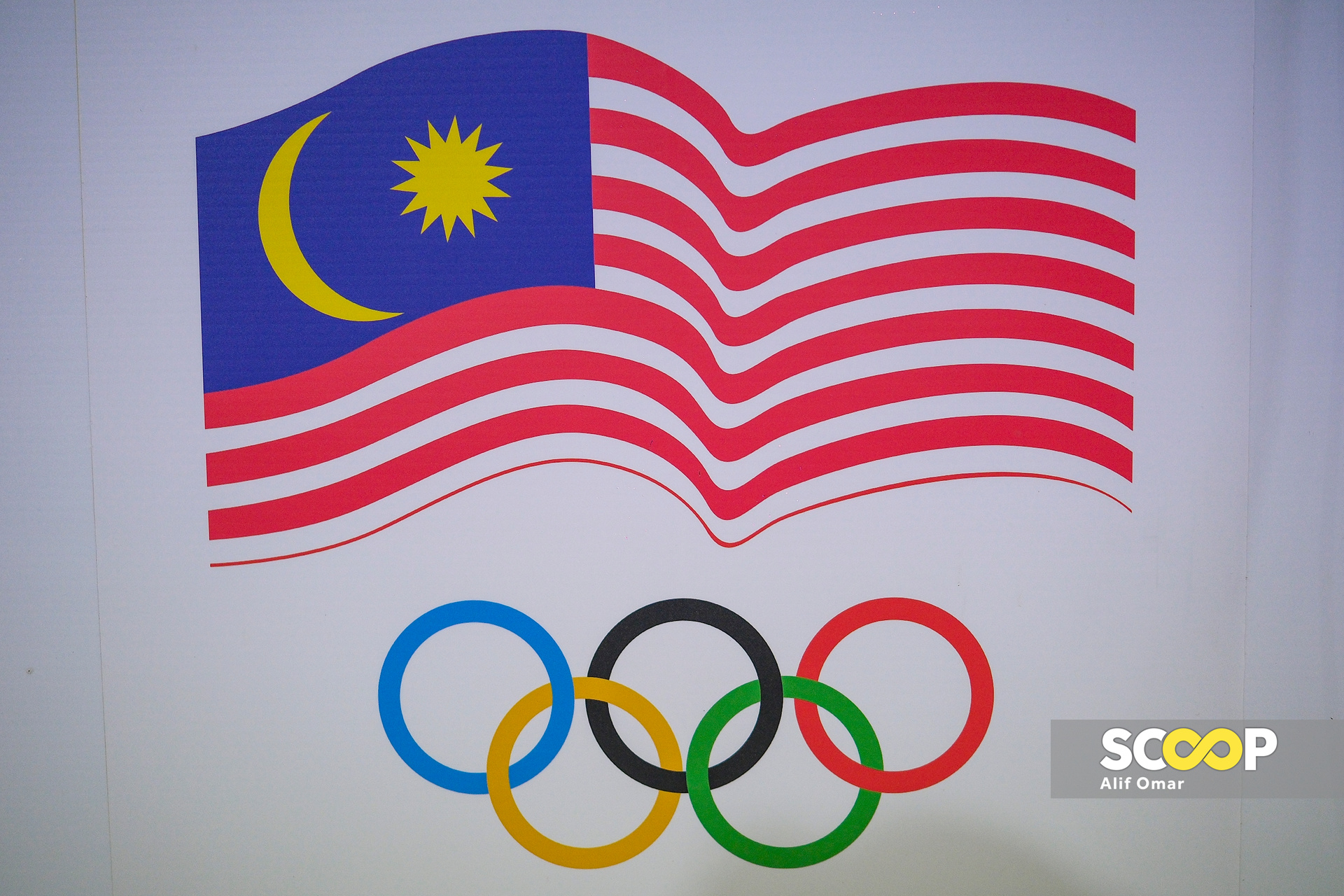KUALA LUMPUR – The Malaysian Anti-Doping Agency (Adamas) confirms that all 26 national athletes participating in the Paris Olympics starting tomorrow have successfully undergone doping tests.
Speaking to Scoop, Adamas director Azura Abidin explained that despite the challenges in obtaining urine samples from all athletes as many were training abroad and some qualified at the last minute, everyone cooperated well.
This includes national cycling ace Datuk Azizulhasni Awang, who stands as the sole Malaysian athlete listed in the Union Cycliste Internationale (UCI) Registered Talent Pool, which comprises top-level athletes in the world cycling track.
Adamas explained that doping violations do not solely focus on the use of prohibited substances but also include failure to report whereabouts, which is one of the 11 doping violations outlined by the World Anti-Doping Agency (WADA).

Danish badminton player Mathias Christiansen’s oversight proved costly as he was forced to withdraw from the Paris Olympics.
Christiansen failed to report his whereabouts three times within a year to Anti-Doping Denmark, which constituted a serious violation.
This oversight not only affected him but also prevented his partner, Alexandra Boje, from competing in the mixed doubles event in Paris.
Regarding the Malaysian contingent, Azura is pleased with the cooperation shown by the national athletes and their awareness of doping issues, particularly regarding medication intake, with reference to Adamas and the National Sports Institute (NSI).
“When we initially received the list, we conducted a risk assessment for each sport, considering the unique factors associated with athletes from different disciplines.
“For example, we evaluated elements such as sponsorship commitments and the potential impact of medal prospects on these risk assessments.
“Before athletes are listed in the Registered Talent Pool, they receive an inclusion letter detailing their whereabouts and the consequences of failing to submit it.
“Athletes must report their whereabouts quarterly, and all updates can be managed through online apps.”
“So, it’s the responsibility of the athletes and they should already understand the importance of reporting these details, especially their whereabouts,” said Azura.
Furthermore, Azura pointed out that despite some athletes from certain sports being under serious monitoring – such as weightlifting which has faced various doping issues in the past – they do not undergo as many doping tests as teams like China’s swimming squad, which had to undergo 200 doping tests in 10 days.
It is understood that the maximum number of doping tests conducted on Malaysian athletes before the Paris Olympics is only three times.
Additionally, Azura said that the Paris Olympics Organising Committee has strongly recommended that all athletes complete the Anti-Doping Education and Learning Platform before they participate in the Games.
“Regarding the Olympic Games, we have indeed received recommendations from the International Testing Agency, based on our initial risk assessment planning.
On average, each athlete undergoes doping tests between one to three times, and we initiated these tests as soon as the initial list of athletes for the Olympic Games was known.
For any athlete under our supervision, we have conducted these tests in advance. The most recent athlete we tested was sprinter Muhammad Azeem Fahmi,” she added. – July 25, 2024


